Life doesn’t exactly come with an owner’s manual, does it? Grade school does the best it can to prepare us, but for some reason, they usually forget to talk about finances in grade school. And that leaves a lot of us wondering what the heck to do when it comes to making the right financial decisions. So when the time comes that we have to make these choices, the idea of breaking down financial planning becomes a daunting task.
Getting a handle on financial fundamentals – no matter where you’re at right now – can put you in a better position for creating a more financially secure future. Even if you are a total beginner, your future self will thank you for taking the time to understand the basics, I promise. Let’s just dive in.
Financial Planning 101
Taking charge of your financial life starts and ends with you – no matter what your age or financial situation, I’m here to tell you that you’ve definitely got this! Avoiding your bank account out of fear is a million percent relatable – who doesn’t have at least a little fear when it comes to finances these days? Getting to know the fundamentals now will make a big difference in getting a better grasp on what’s actually going on in your financial world.
Take a look at these financial planning fundamentals so you understand the basics, use knowledge to your advantage, and start to feel empowered with your money again. Breaking down financial planning is about to get a whole lot easier.
Where to Begin With the Fundamentals of Financial Planning
Before anything else, you’ve got to lay all the cards on the table and get a bird’s eye view of everything going on in your financial life.
Start with That Money Mindset. We’ve talked about this before – ‘Money mindset’ describes the overall attitude or viewpoint that you have about your finances and money. Is it positive or negative? Are you living in scarcity mode or abundance mode? Learn more about your money mindset here.
Know What’s Going Out and What’s Coming In. Dedicate a time and a process for tracking your finances, and make it work for you. This may look a little different for everyone, and if you don’t know where to begin, reach out for support!
Get Insured. Protect your financial future. Take a look at your policies and look for gaps in coverage that could create money mayhem, or areas where you can get better rates. Whether that’s life, health, auto… make sure you have policies that fully cover your needs and you can afford to pay them every month.
Getting Your $hit Together by Following the Basics
Create a Monthly Plan. Notice I said “plan,” and not the dreaded B-word. Budget. Ew. Budgets, like diets, are restrictive and depriving, and they never really last for long. What we’re doing here instead is building a plan for creating a stable financial future. Deprivation? No way! More like investing in yourself and your future. Start putting that money mindset to work!
Your monthly plan should include all of your expenses, along with a bucket for all the other fun stuff you love to do, as well as emergency, savings, and retirement.
Set Financial Goals. Even if you don’t know exactly what your goals are, you probably have more insight than you think. Write out short-term, mid-range, and long-term goals for your money across your lifetime. Don’t be afraid to think big – but remember to have some achievable steps to keep you motivated as you go. They’re not written in stone, so stay willing to be flexible when life throws a wrench in your plans.
Putting Your Financial Plan in Motion
Here’s where you really have your hands on the steering wheel and start taking measurable action towards achieving those finances goals. You got this!
Spend Less Money/Cut Expenses. Actively reducing expenses means that you can redirect that money to other things like savings, debt, and anything else in your plan. It doesn’t mean you have to stop doing all the things you love. It just means you are finding that balance between spending now and saving for later.
Tackle Credit Card or Other Debt. This is as real as it gets. Living within your means is one of the biggest financial fundamentals to know. Relying on high-interest credit cards to fill in the gaps can be pretty dang costly, but it can always be turned around – one strategic payment at a time. 😉
Save for the Future. Learning to pay yourself first means setting yourself up for your future! Setting aside money for emergencies and retirement contributes to your financial security over the long run. And the best time to start thinking about retirement is usually before you actually retire.
The Bottom Line on the Basics: It’s Time to Start!
Being successful with your money is not about how much money you have. It’s about how successful you feel about your life. Read that again! Let your money empower rather than intimidate you. Understanding the basics when breaking down financial planning will help you feel empowered and ready to face your very real financial goals.
The best way to start is to just start – but you don’t have to do it alone! Need a tribe for support? Join mine! If you are looking for help getting your $hit together or learning how to invest the money you have, download my free financial guide today. Let’s make this financial journey a whole lot easier and way more fun together.
